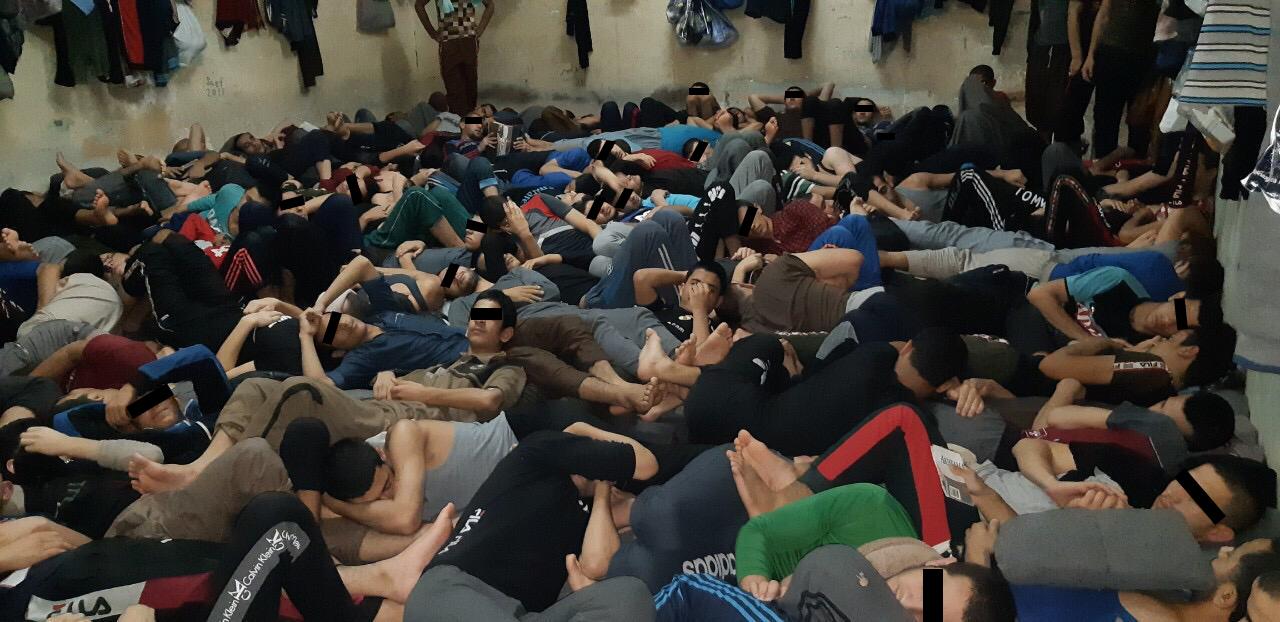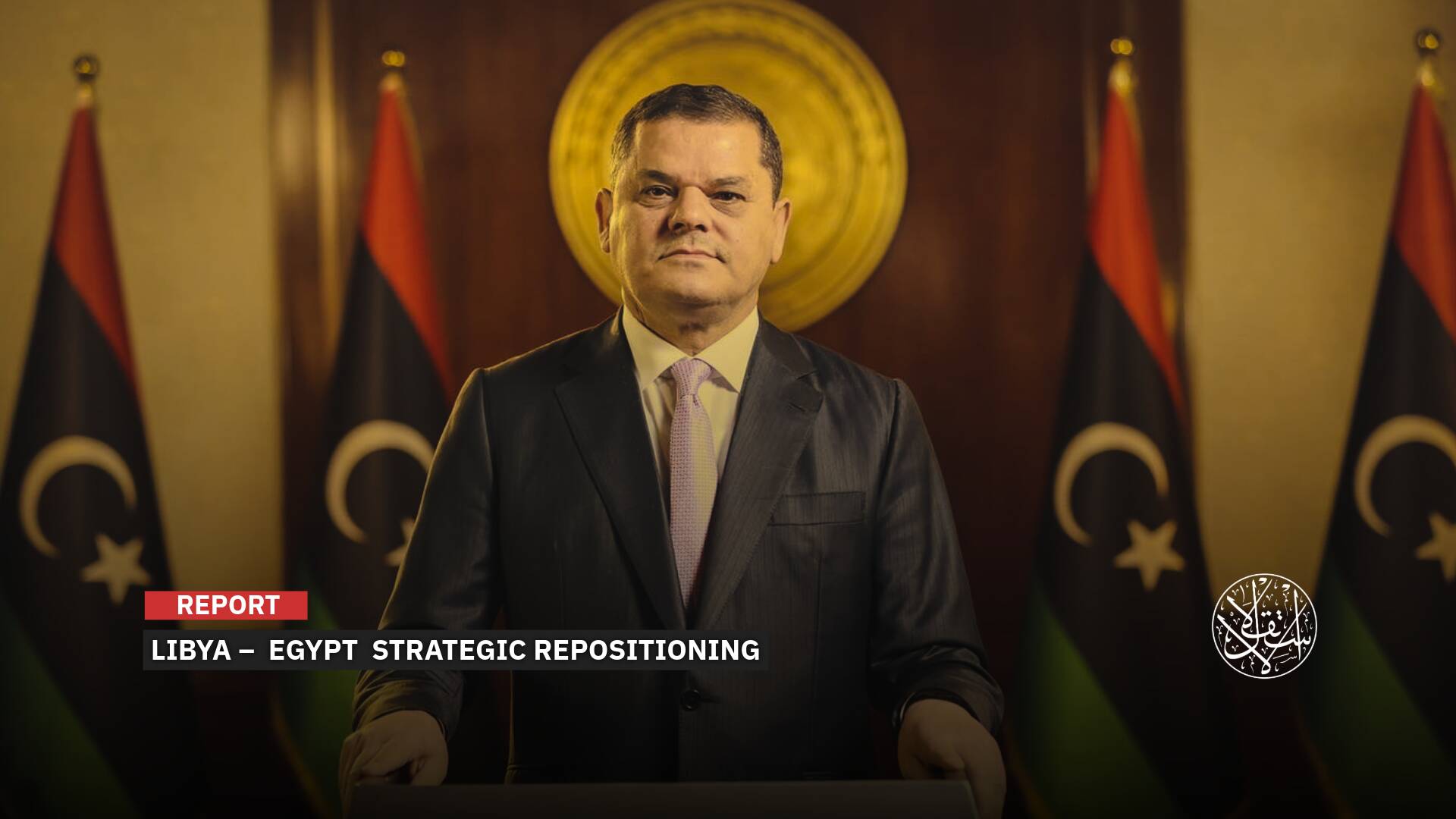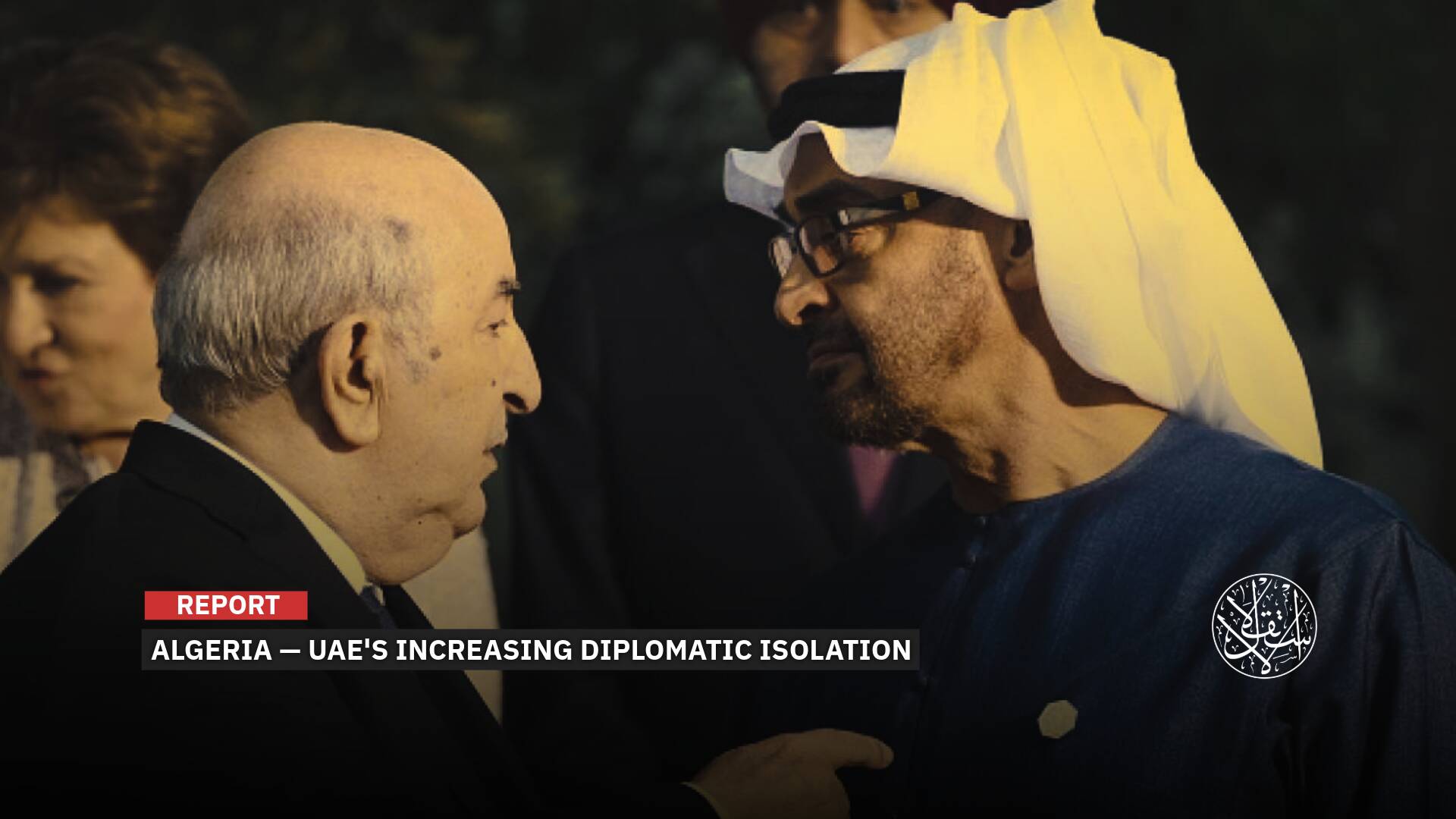‘Killed on Accusation and Suspicion’; Return of the Systematic Torture and the Police State Iraq

The killing of Iraqi citizen Hisham Al-Khuzaei, in a Basra prison at the Anti-Crime Services headquarters late in June, have set foot for rejection and popular pressure on the government to change its policies and procedures in the files of arbitrary arrests and torture in prisons.
Activists were furious with the killing of the Iraqi citizen Hisham Muhammad Hashem Al-Khuzaei (35 years), after he was beaten and tortured during his arrest.
Activists poured their anger on Iraqi Prime Minister Mustafa Al-Kadhimi, and expressed their dissatisfaction with the return of mass arrests, assassinations, enforced disappearances, torture and ill-treatment in detention facilities and detention centers, calling for an investigation into the circumstances of the killing of detainees in interrogation centers.
Wide Rejection
It was said that the citizen Hisham was arrested mainly because of the similarity of his name to another wanted criminal, which was denied by the Basra Police Directorate.
The police said: “The deceased is wanted for murder by a judge’s decision, according to Article 406 of the Penal Code.”
The directorate added that the arrest of the accused has nothing to do with the similarity of names. Rather, it was for the crime of murder, as he was released on July 27, 2021 after his statements were recorded by the investigating judge.
Activists refused to accept the security story, and directly accused the Iraqi regime of leniency in killing Iraqis under torture only because of the similarity of names and the protection of those involved.
They demanded an end to what they called “the farce carried out by the Al-Kadhimi government” and the continuous failure that causes loss of life.
For his part, human rights activist Tariq Al-Saadawi said that “what happened to Hisham [Al-Khuzaei] is happening continuously in Iraqi prisons, which lack the minimum elements of human rights, and the issue of ‘similarity in names’ has not been resolved over the past years.”
Al-Saadawi added, in a statement to Basnews, that “the procedures of the security services in the search for wanted persons are impractical and have caused many problems and terror for the Iraqis, due to the fact that the suspect's information was not completely matched during the audit.”
He pointed out that “the killing of the Hashim will open a door of rejection and popular pressure on the government to change its policies and procedures in the files of arbitrary arrests and torture in prisons.”

Hisham Al-Khuzaei - Killed under torture in Basra
The number of killings in torture cells are high, and activists considered those crime a dangerous indication of the mistreatment of detainees by those responsible for it, and it reflects their ignorance, recklessness, and lack of experience with legal investigations.
Activists and families of the detainees were not satisfied with Al-Kadhimi’s government and called for its departure. They also urged to “expose its crimes” and announce the suffering of their children inside the investigation centers and what they are exposed to in detention.
The Iraqi Observatory for Human Rights calls on the government the importance to conduct transparent investigations and punishing the defaulters.
— المرصد العراقي Iraqi Observatory for Human Rights (@IOHRiraq) July 31, 2021
Iraqi prisons are still good environment for torture operations against prisoners.
Iraqi Prime Minister assigned Lieutenant-General Ahmed Abu Ragheef to head the Iraqi intelligence service, and to manage the Anti-Corruption Committee, which was faced with refusal of activists and Iraqis.
In March 2021, the Commissioner for Human Rights in Iraq revealed that she had received a number of complaints about torture of detainees by the Anti-Corruption Committee headed by Abu Ragheef.
Prisons in Iraq
The Human Rights Commission member Ali Al-Bayati said, in media statements, that the Commission was prevented from performing its role and mission in this matter, and was not allowed to visit detention centers to assess its human rights situation despite the fact that the commission’s public prosecutor provided official books confirming the absence of torture.

According to Al-Bayati, “Iraq has ratified the Convention against Torture in Prisons and Detention Centers, but in Iraq there is no law in this regard.”
Deaths in Iraqi prisons witnessed a remarkable increase during the first half of the current year 2021, which amounted to about 130 prisoners, according to official figures.
Human Rights Watch (HRW) had previously called on the Iraqi government and parliament to pass legislation that addresses the main human rights deficiencies in Iraqi law.
“For many years, Human Rights Watch has received reports of the widespread use of torture, including of children, by Iraqi and KRG forces to extract confessions,” the HRW said in its submission to the UN Human Rights Committee, encouraging the Iraqi govenment and Parliament to to pass the draft Anti-Torture Law.
The Return of the Police State
Activists on social media and other platforms unanimously agreed that what is happening in Iraq today is no different from what was happening during the days of former President Saddam Hussein.
The writer and poet Ahmed Abdel-Sada explained that the signs of the return of the Baathist police regime were not limited to the issue of government intelligence services spying on citizens and harassing voices critical of the government, but unfortunately reached the issue of torture and killing of citizens by security agencies charged with protecting them.
Sources
- “قتل بالتهمة والظنة”.. إدانة واسعة لعودة التعذيب الممنهج في سجون العراق
- Submission by Human Rights Watch to the UN Human Rights Committee in advance of its review of Iraq
- بالأرقام.. أعداد المحكومين والموقوفين في سجون واصلاحيات العراق
- مقتل الشاب هشام يفضح التعذيب داخل السجون العراقية.. البصرة الأكثر سفكاً للدماء











